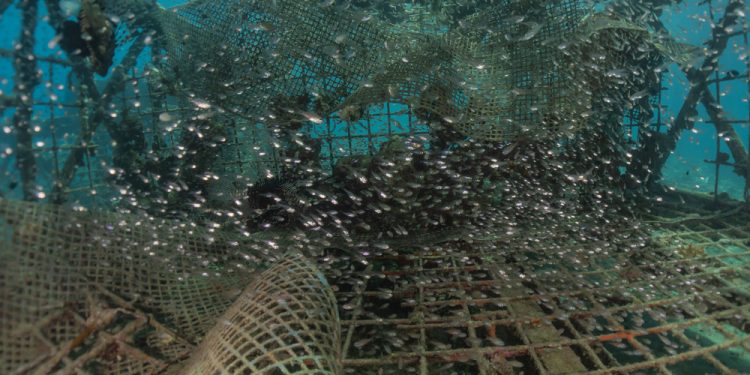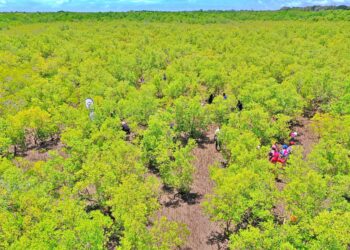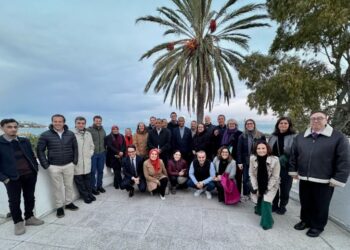A step forward in the fight against destructive fishing – In a world that increasingly seeks to embrace sustainability, the issue of destructive fishing urgently needs to be addressed. Recognised by multiple international frameworks – including the UN Sustainable Development Goals – the need to combat harmful fishing practices is greater than ever. However, until now, the lack of a precise definition has made it difficult to effectively measure and combat this problem.
A significant breakthrough comes from extensive collaborative work involving 80 fisheries experts from over 30 countries. After intensive consultation, a new working definition of ‘destructive fishing’ was finally proposed. This clarification was eagerly awaited, as it allows for the precise identification of practices to be avoided in order to preserve the integrity of marine ecosystems.
According to Dr Arlie McCarthy, one of the lead authors of the study, understanding exactly what destructive fishing is is crucial. Only then can we truly assess the progress made towards its elimination. The newly-formulated definition identifies destructive fishing as any practice that irreversibly degrades marine habitat, causes significant negative environmental impacts, results in the decline of target and non-target species, and damages the livelihoods of communities that depend on the sea.
This new landmark, published in the journal Conservation Letters, is the result of an in-depth consultative process. Using the Delphi technique, an anonymous and iterative method, experts reached a consensus that will now guide international policy discussions, offering countries a key tool to ban harmful fishing practices.
Hannah Richardson, who led the project, emphasises the importance of this definition for global food security and ocean health. Without a clear guideline, it becomes almost impossible to implement effective policies at the international level.
International collaboration between academic institutions and environmental organisations has shown how, by joining forces, it is possible to make giant strides towards marine conservation. Now, the goal is to work with politicians to make this definition universally accepted and used to protect our oceans.
Chris McOwen, a marine scientist involved in the project, highlights the importance of continuing to work with governments and industry to refine the definition and adapt it to different needs. Future efforts will focus on expanding the understanding of destructive fishing to include social and economic impacts.
Thanks to the support of various foundations, the project has been able to illuminate a previously obscure area of the marine conservation debate. This definition of destructive fishing represents not only a scientific achievement but also a step towards a more sustainable future for our planet’s oceans.
A step forward in the fight against destructive fishing







